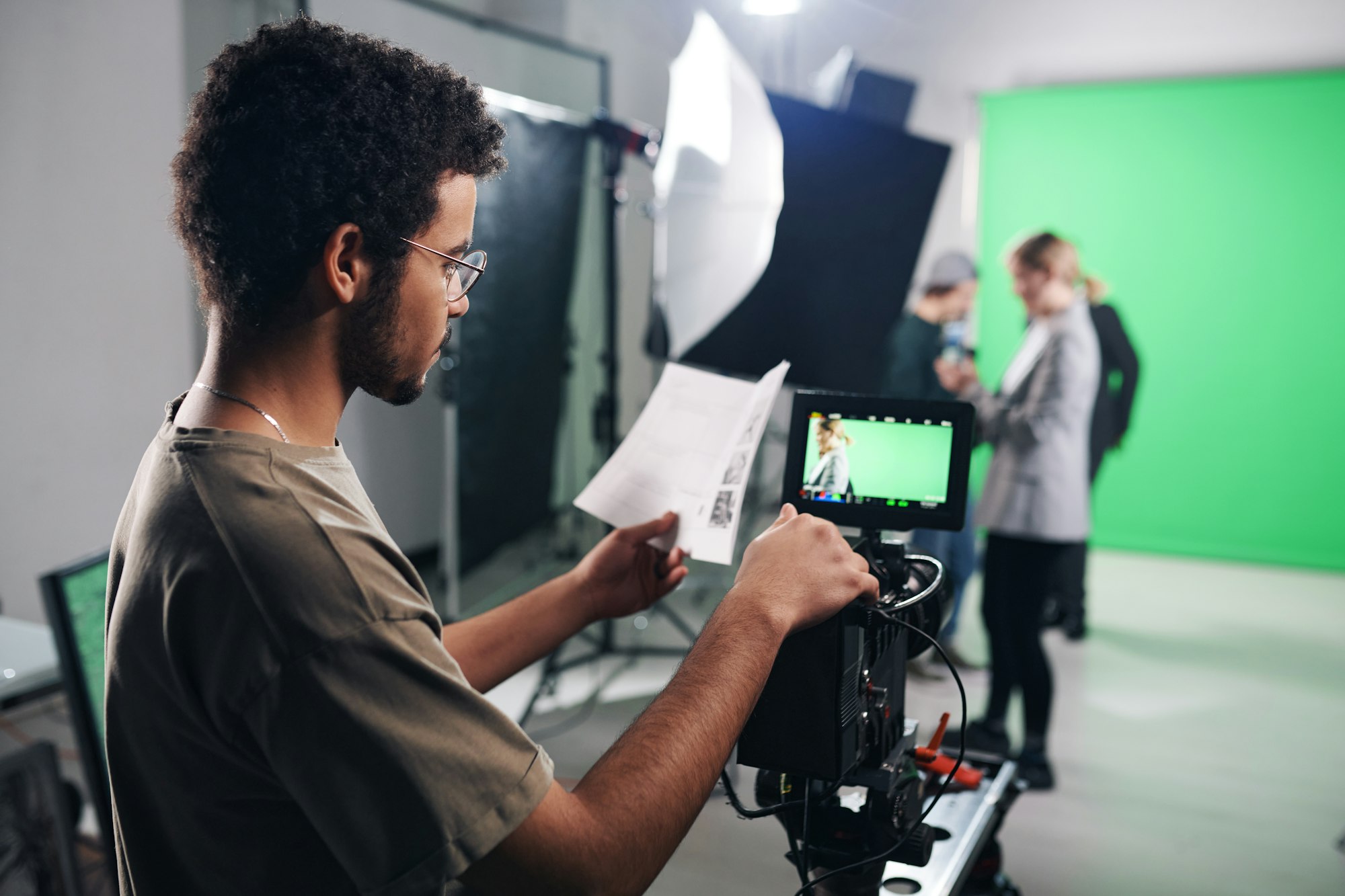What’s the Buzz About?
At the Prince Charles Cinema in London, a special screening of “The Last Screenwriter,” a movie written entirely by an AI, was supposed to happen. But, they had to cancel it! Why? Because a lot of people got upset about the whole idea of a computer writing a movie script. The film was meant to make us think about how AI is changing creativity, but it ended up sparking a big argument instead.

How People Feel About AI-Written Movies
Audience Reaction
Just a day after the cinema announced the film, people flooded them with complaints. Many are worried that if AI starts writing scripts, human writers might not be needed anymore. It’s a scary thought for those who love the personal touch in storytelling.
What the Film Industry Thinks
The film industry is also wrestling with how to handle AI. This topic was a big deal during the recent Hollywood writers’ strike, where they talked a lot about whether AI should help write scripts. They decided that AI can help, but the main credit should still go to human writers.
The Big Questions
Can AI Really Write Like Us?
“The Last Screenwriter” was meant to show that AI might not only copy human creativity but could even be better at understanding emotions than we are. This brings up a ton of questions about the future of AI in jobs that require creativity.
Is It Right to Use AI This Way?
There are some big moral questions here. Is it okay for AI to take over creative writing? What does that mean for the originality and authenticity of our stories? Plus, there’s the issue of using famous people’s voices or images without their okay, like the controversy with Scarlett Johansson’s voice being used by AI.
Looking Ahead
The debate isn’t going away anytime soon. As AI gets better and more involved in creative fields, we’ll have to keep discussing how to balance new technology with keeping the human touch in our arts. The story of “The Last Screenwriter” is just one example of how complex and emotional these conversations can get.
Want to dive deeper into the drama of AI-scripted films like “The Last Screenwriter”? Check out what people are saying, the discussions within the industry, and the ethical dilemmas that come with AI in the creative world.

FAQ: The Drama of “The Last Screenwriter”
1. Why did people get so upset about an AI writing a movie script?
People were really worried when they heard about “The Last Screenwriter,” an AI-scripted film. The main fear is about losing the human touch that writers bring to storytelling. Many feel that creativity is a deeply human trait and worry that if AI starts writing our stories, we might lose the personal, emotional connection that makes films so special. There’s also concern about job security for writers if AI becomes too good at scriptwriting.
2. What did the film industry decide about using AI in scriptwriting?
The film industry is still figuring out how to deal with AI in scriptwriting. During the Hollywood writers’ strike, this was a hot topic. They agreed that AI could be used to help write scripts, but the final credit should go to the human writers. This compromise shows they’re trying to find a middle ground where AI can be a tool without replacing the unique contributions of human creators.
3. What are the ethical concerns about AI-scripted films?
There are quite a few ethical concerns when it comes to AI taking over creative roles like scriptwriting. People worry about whether stories written by AI can truly be original or authentic since these machines are just using vast amounts of data to create something new. Plus, there’s the issue of consent and rights, like when an AI uses a celebrity’s voice or image without permission, which raises questions about control and intellectual property in the era of AI technology.
Sources The Guardian



Your article helped me a lot, is there any more related content? Thanks!